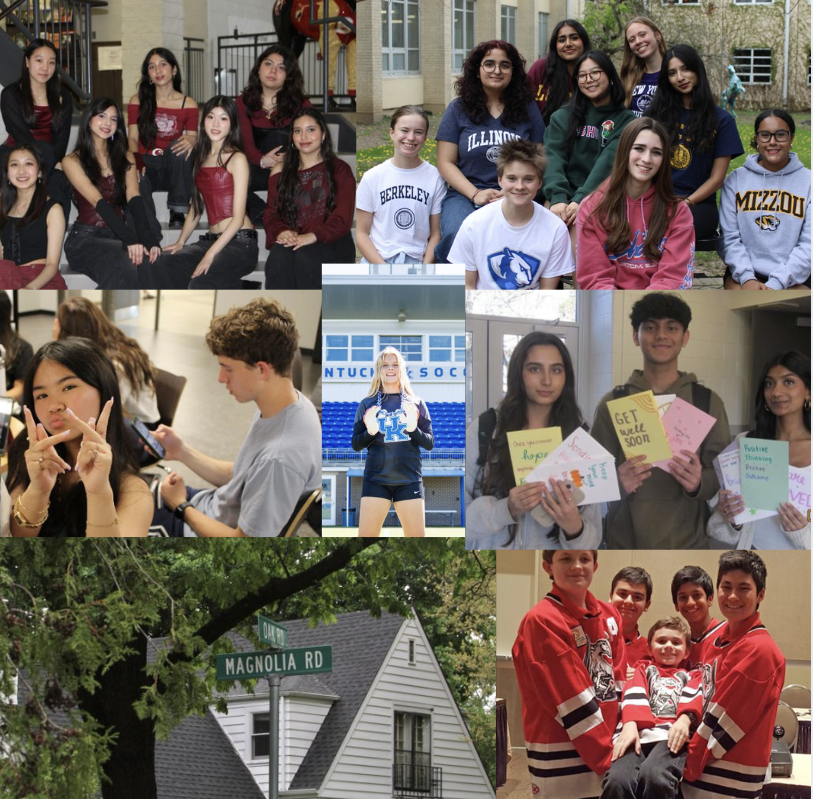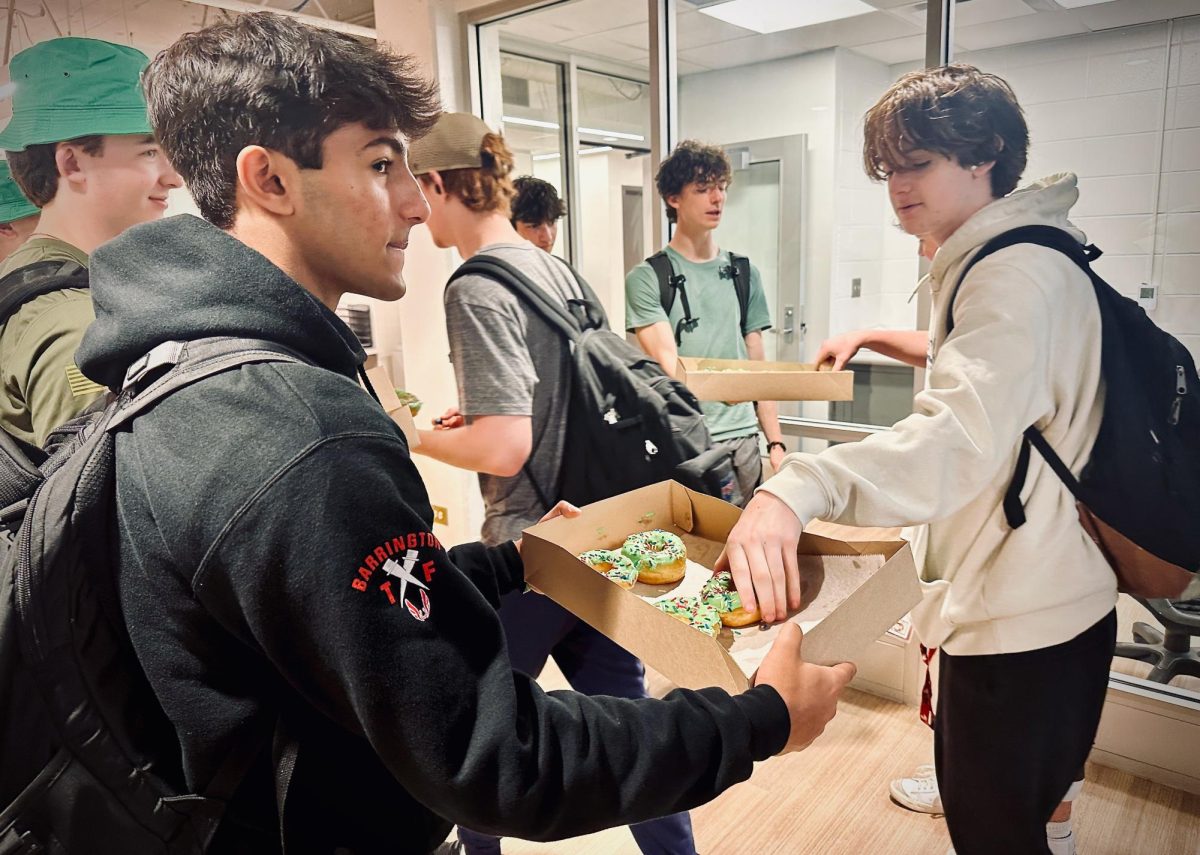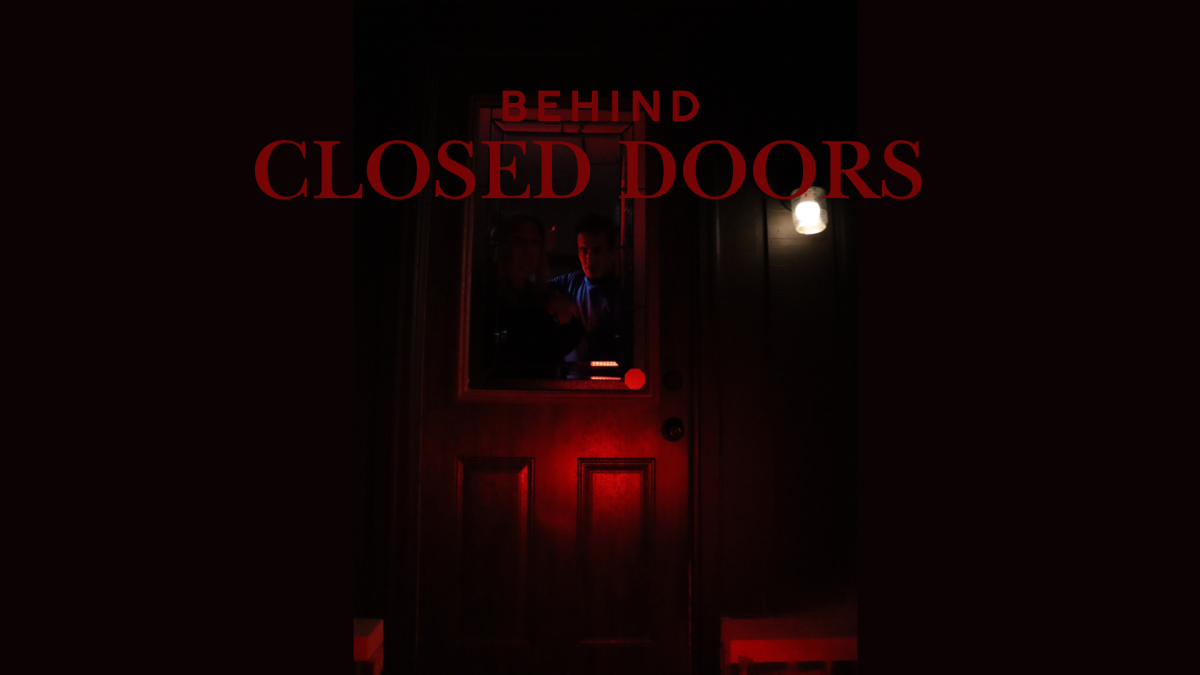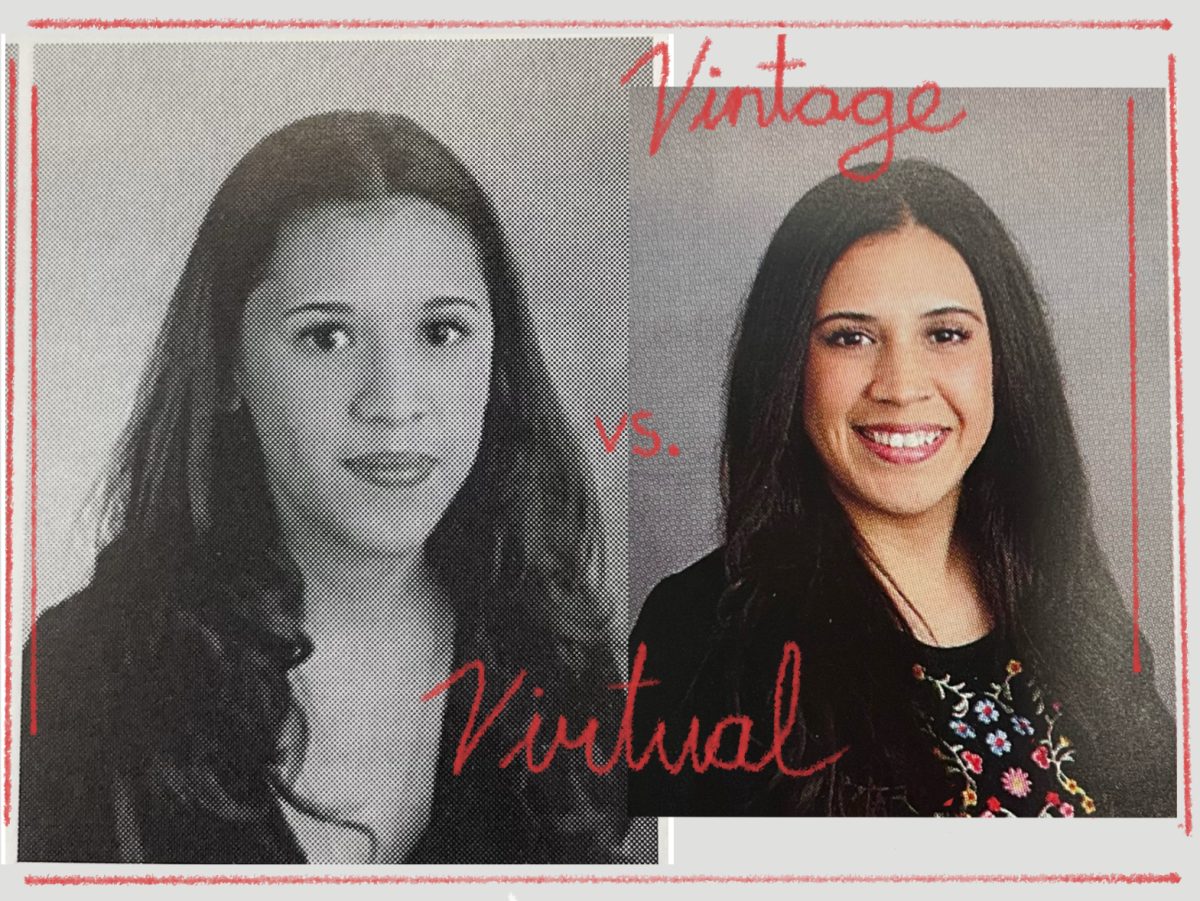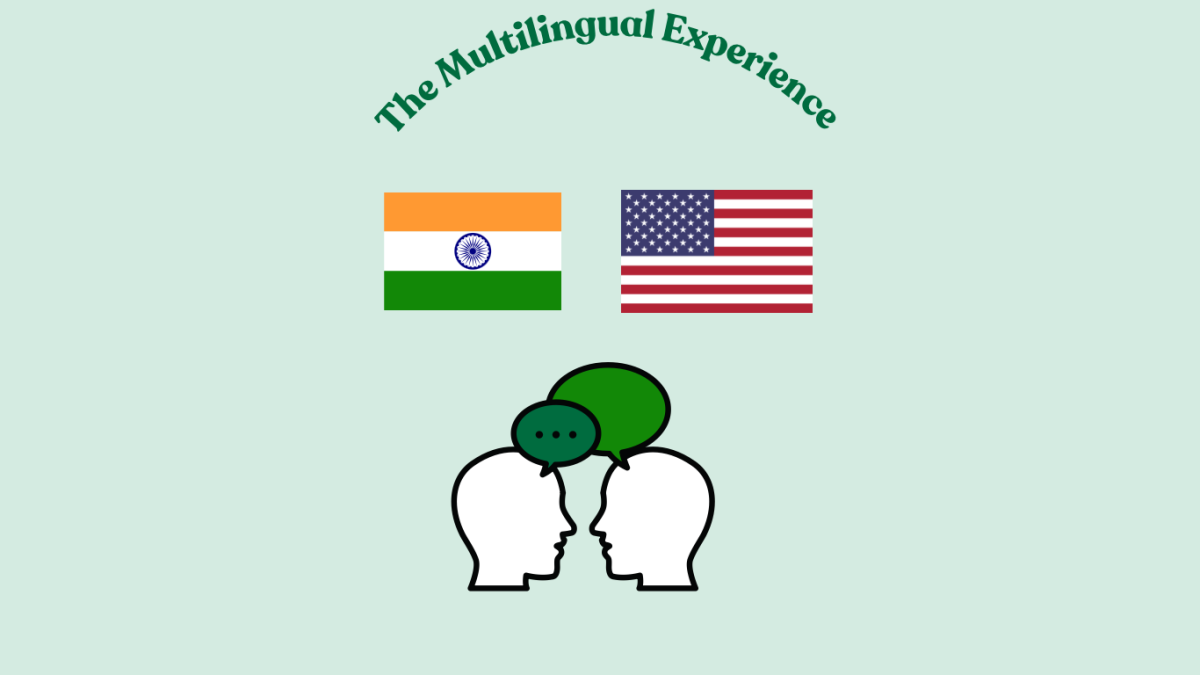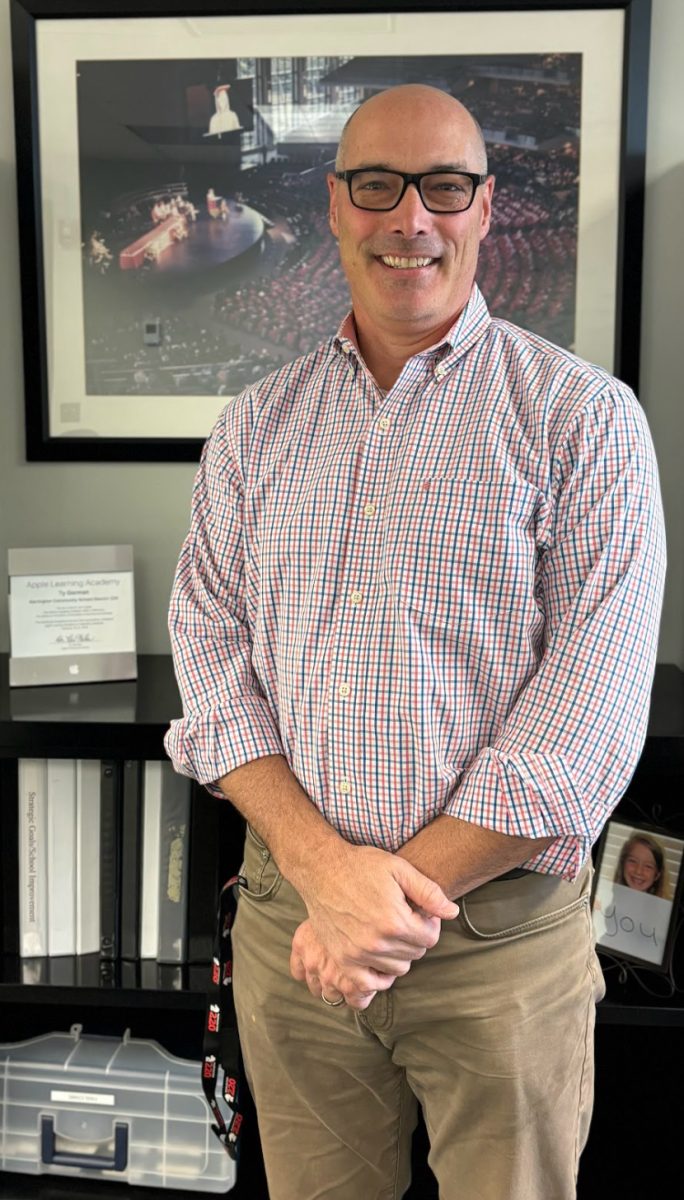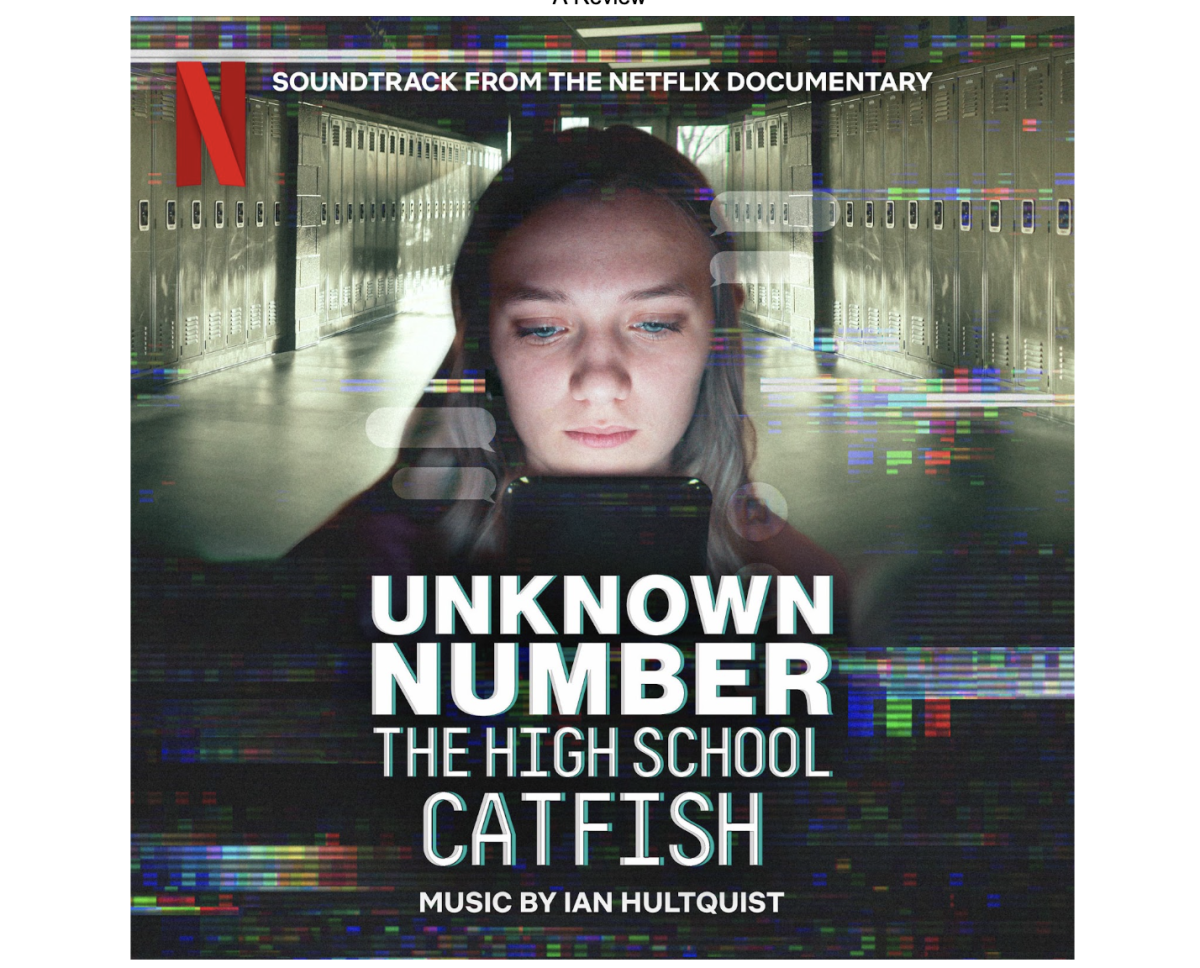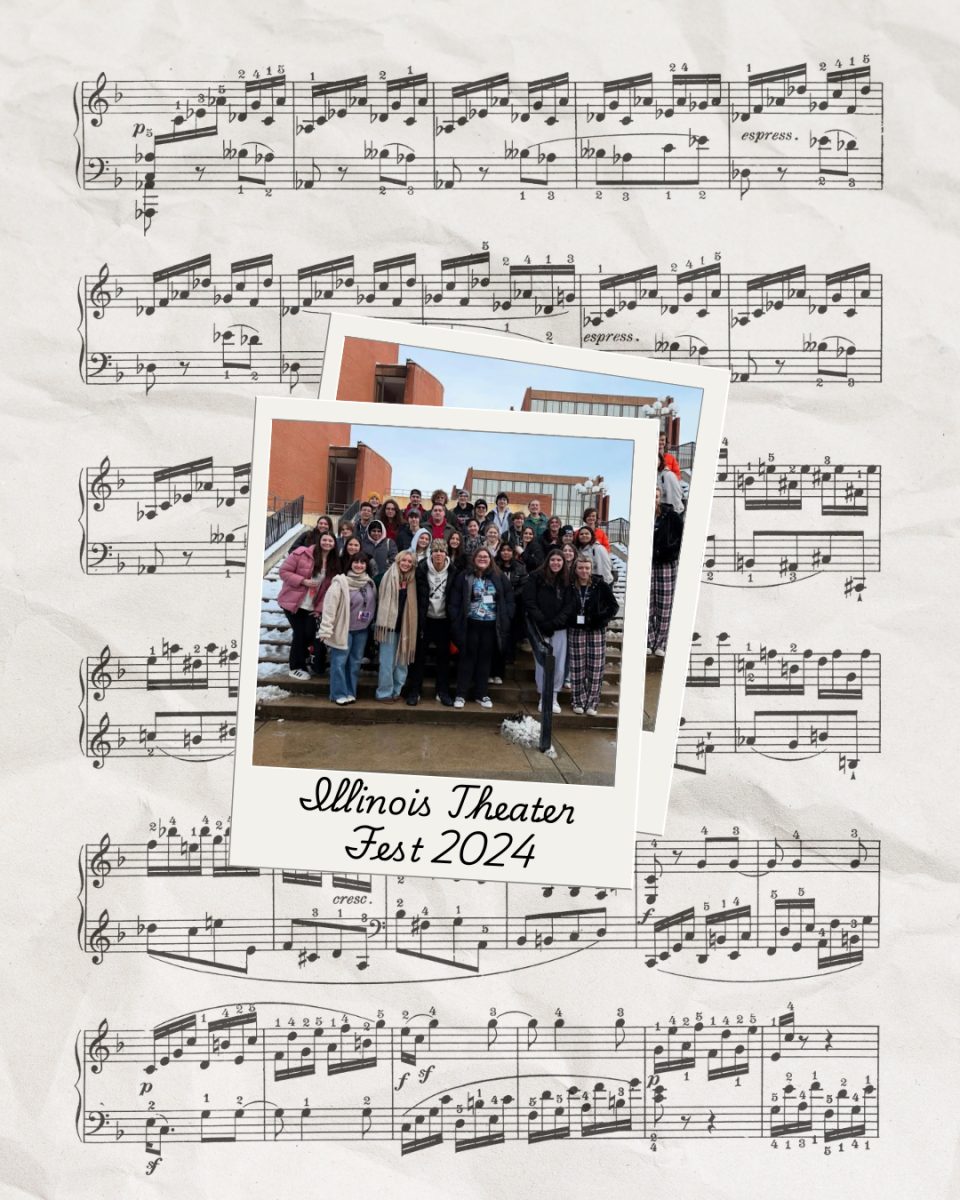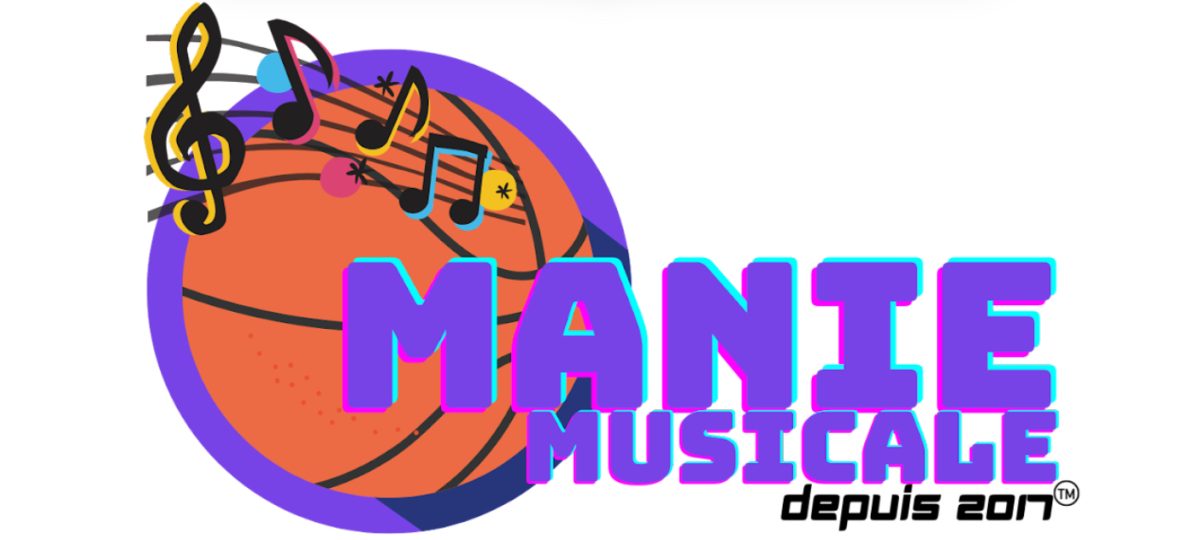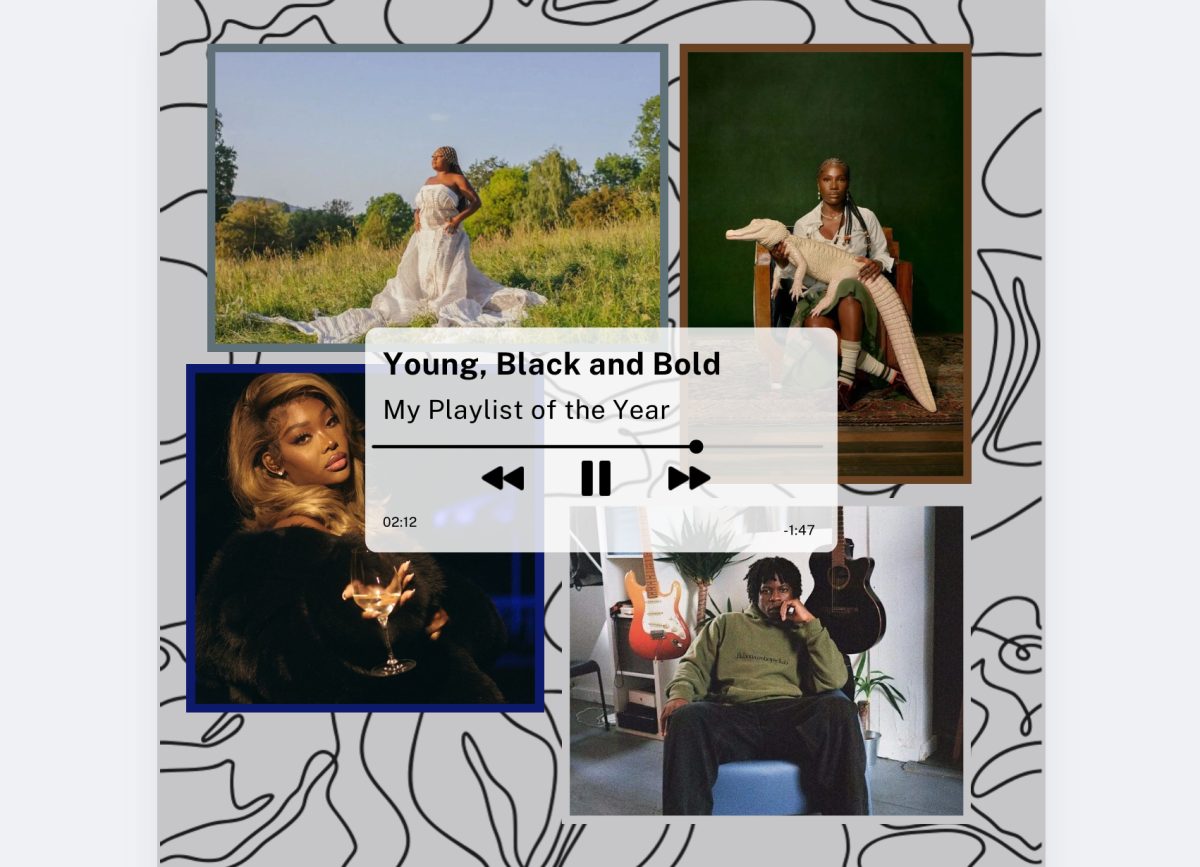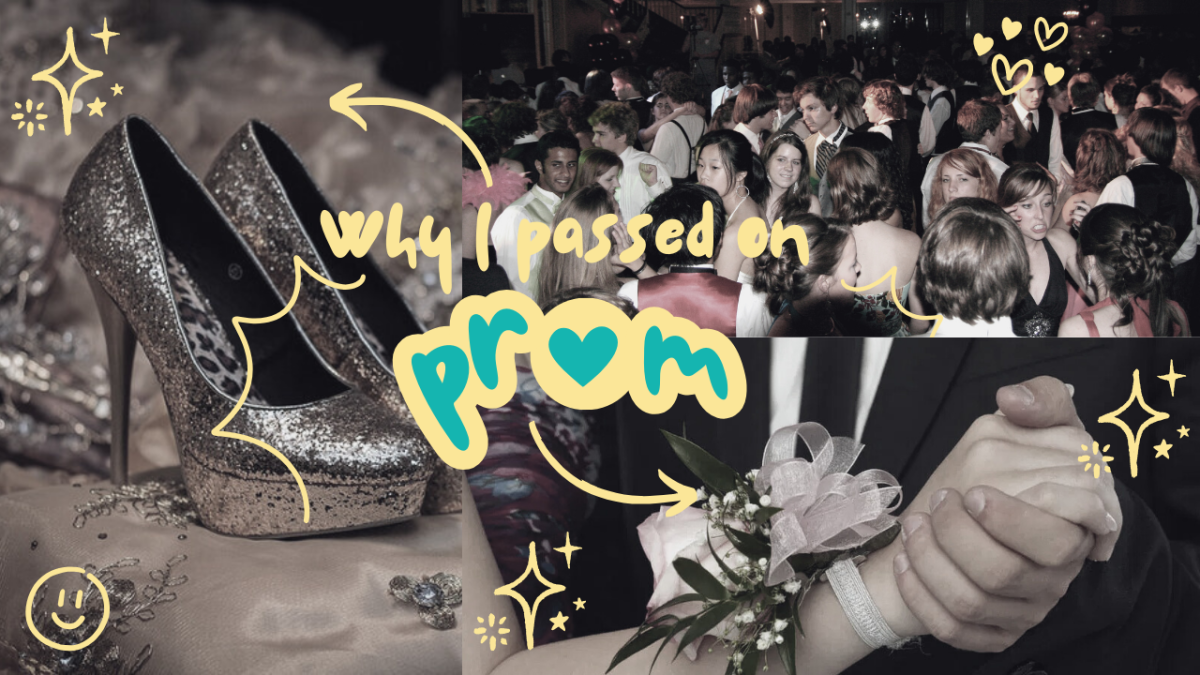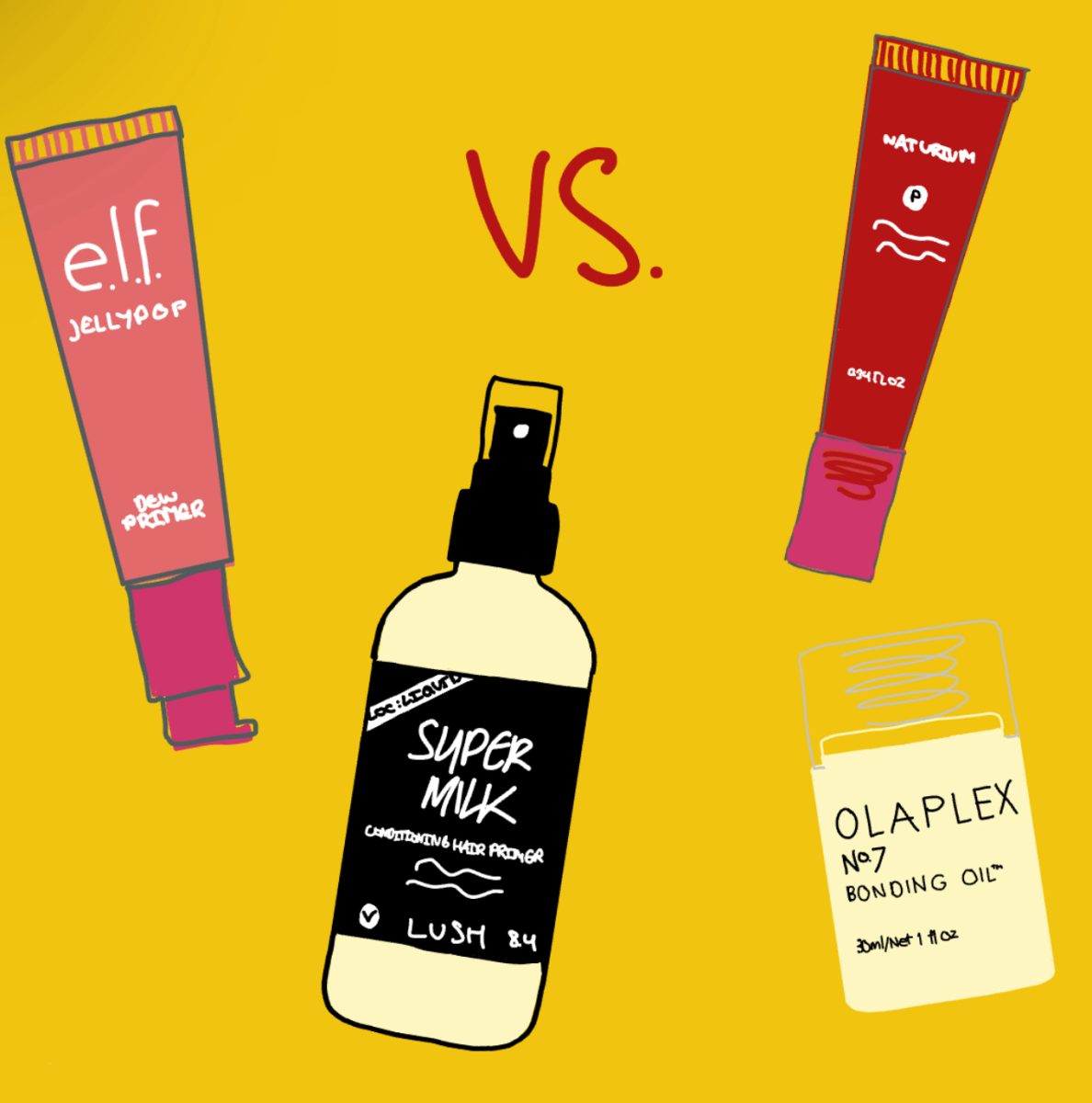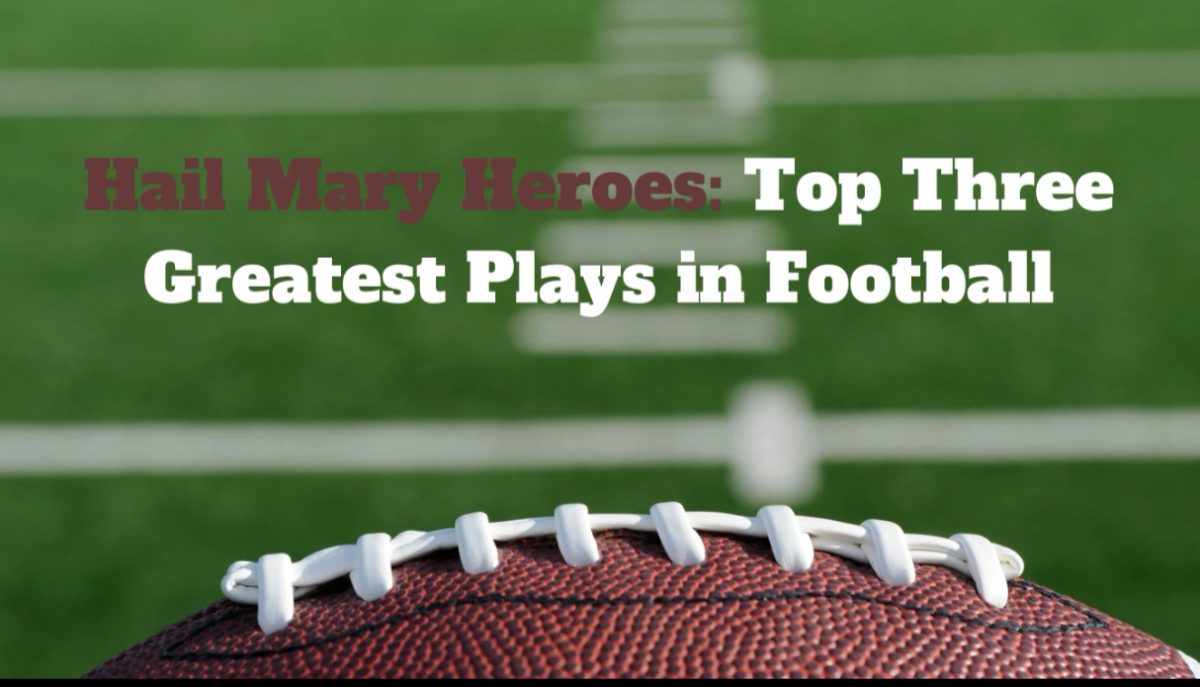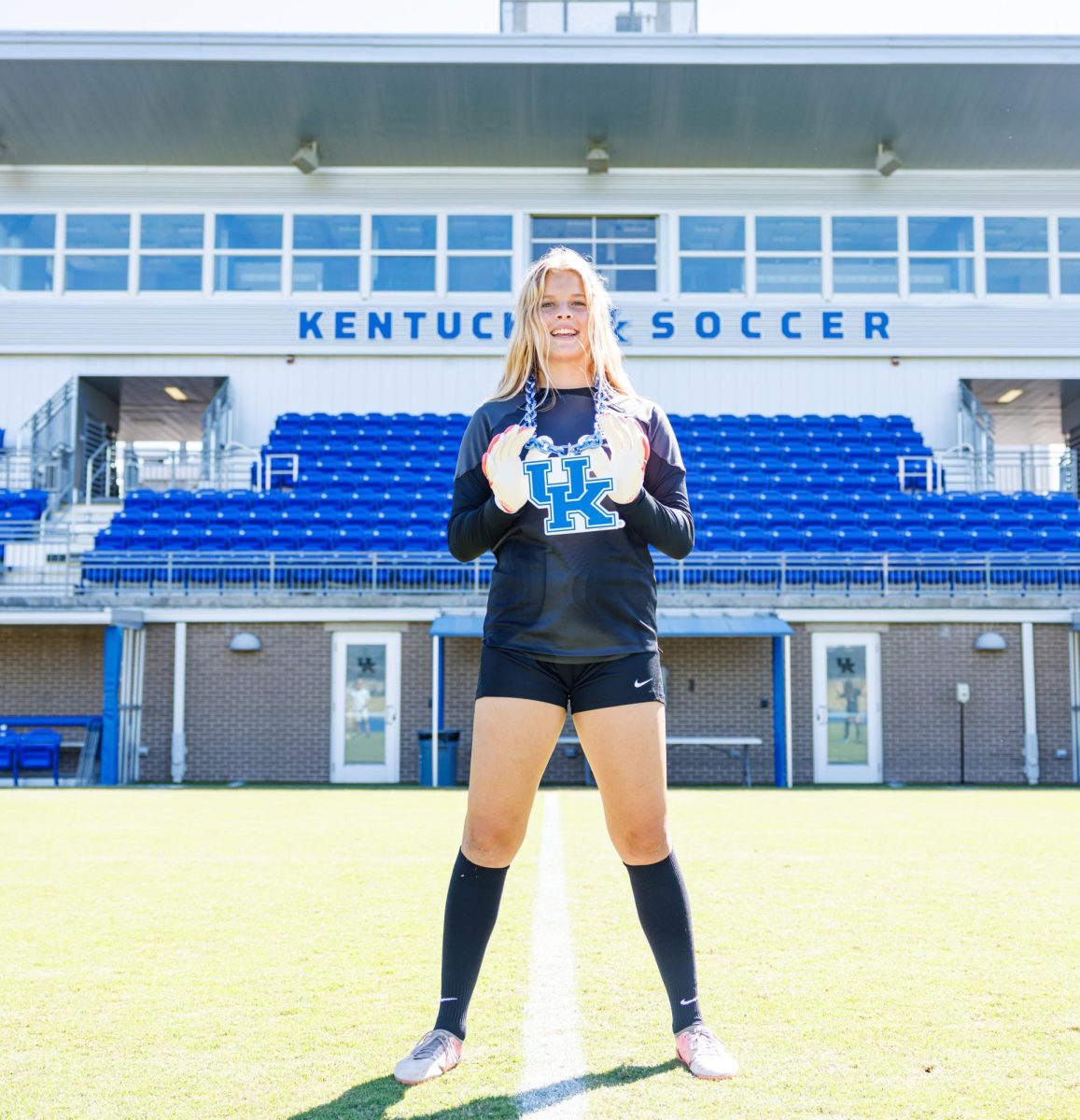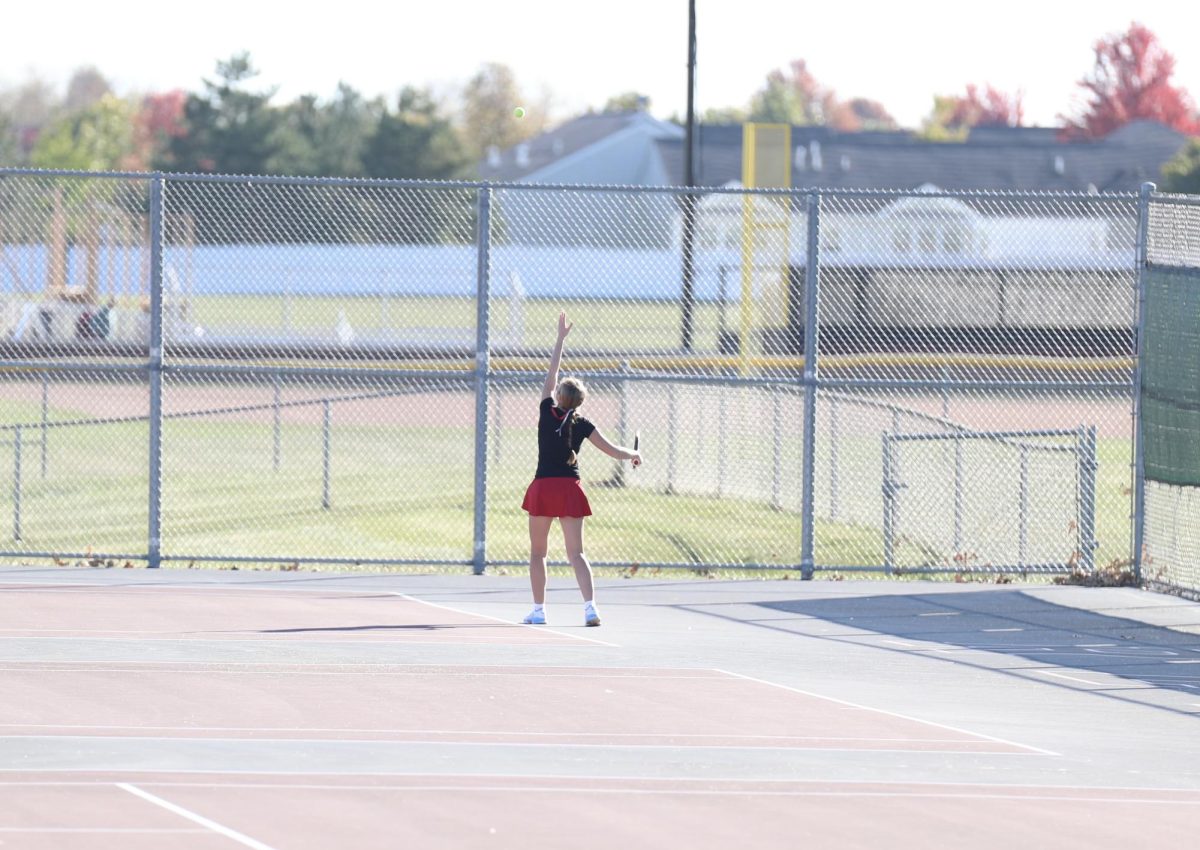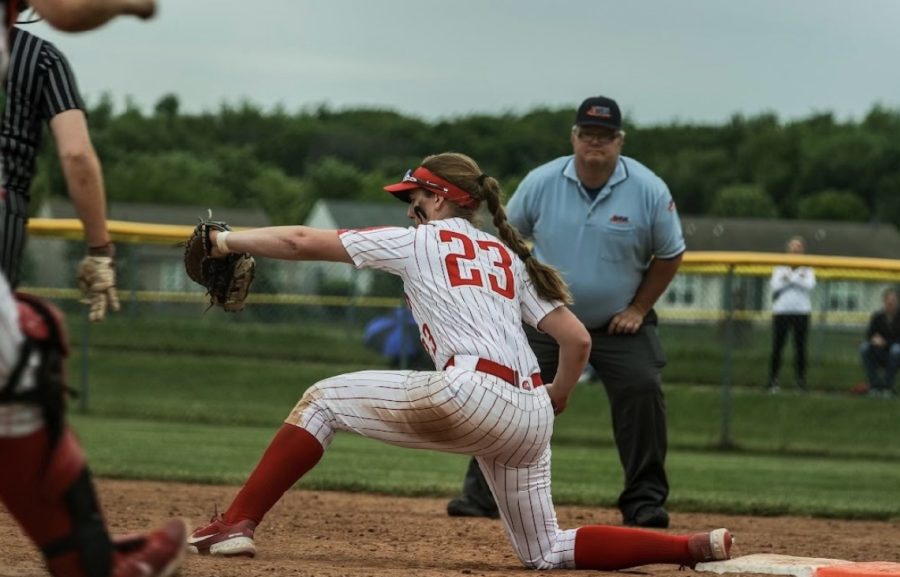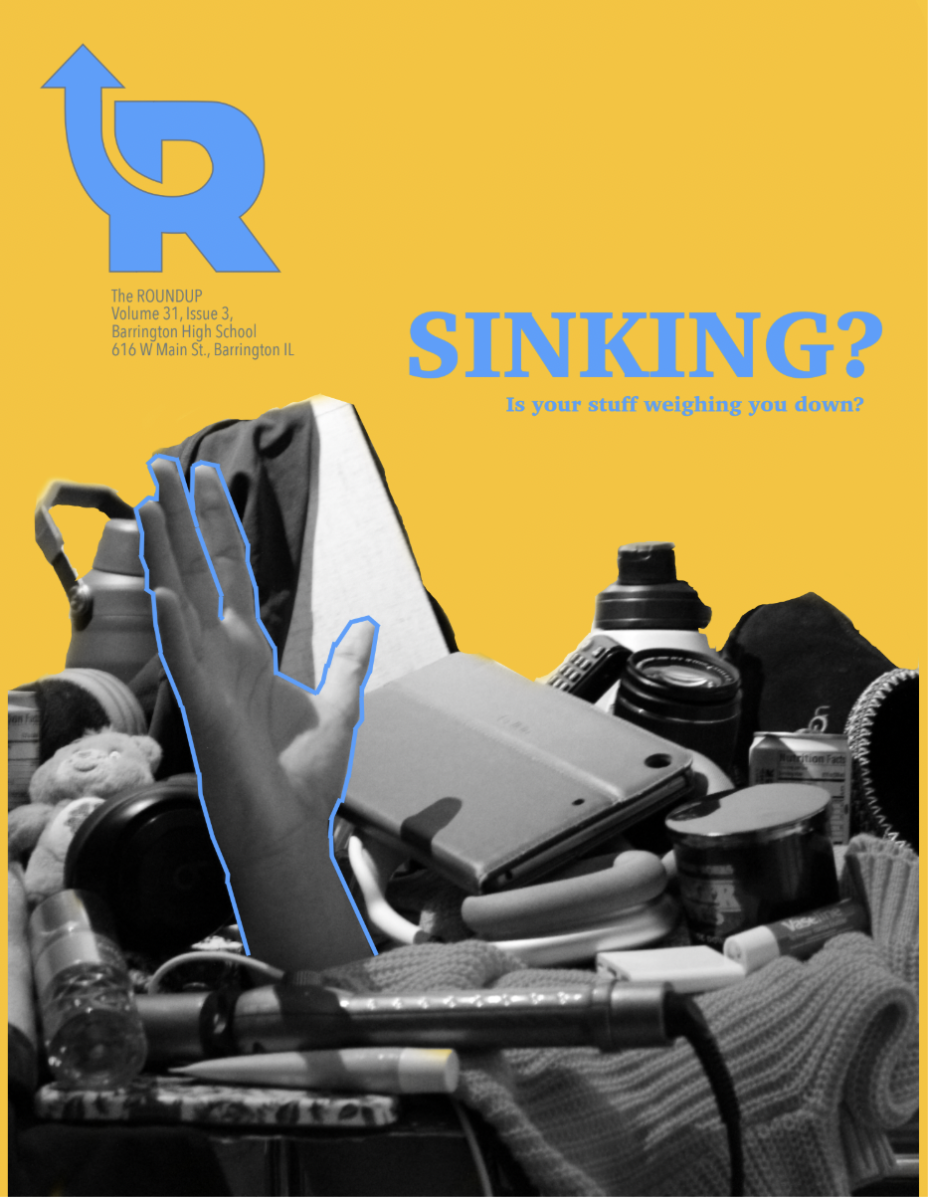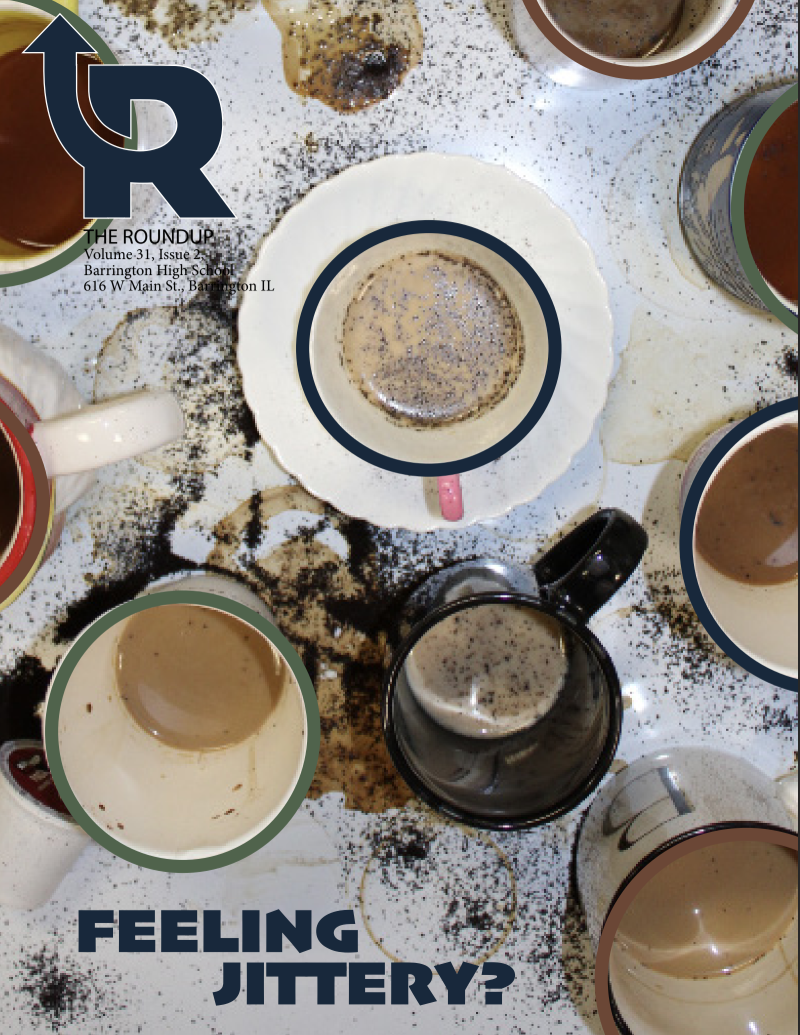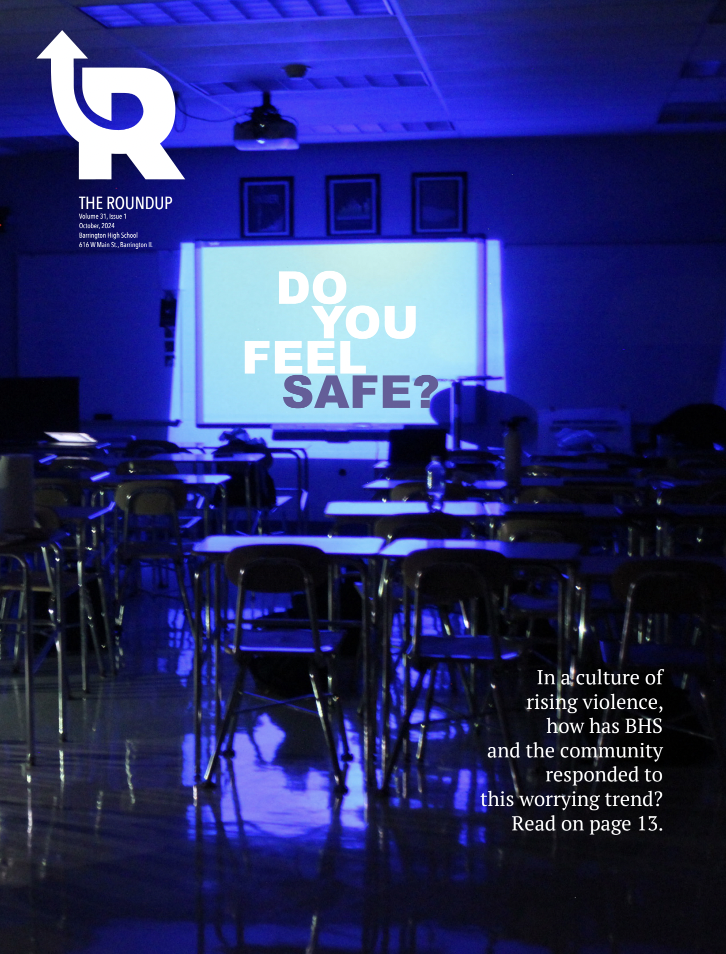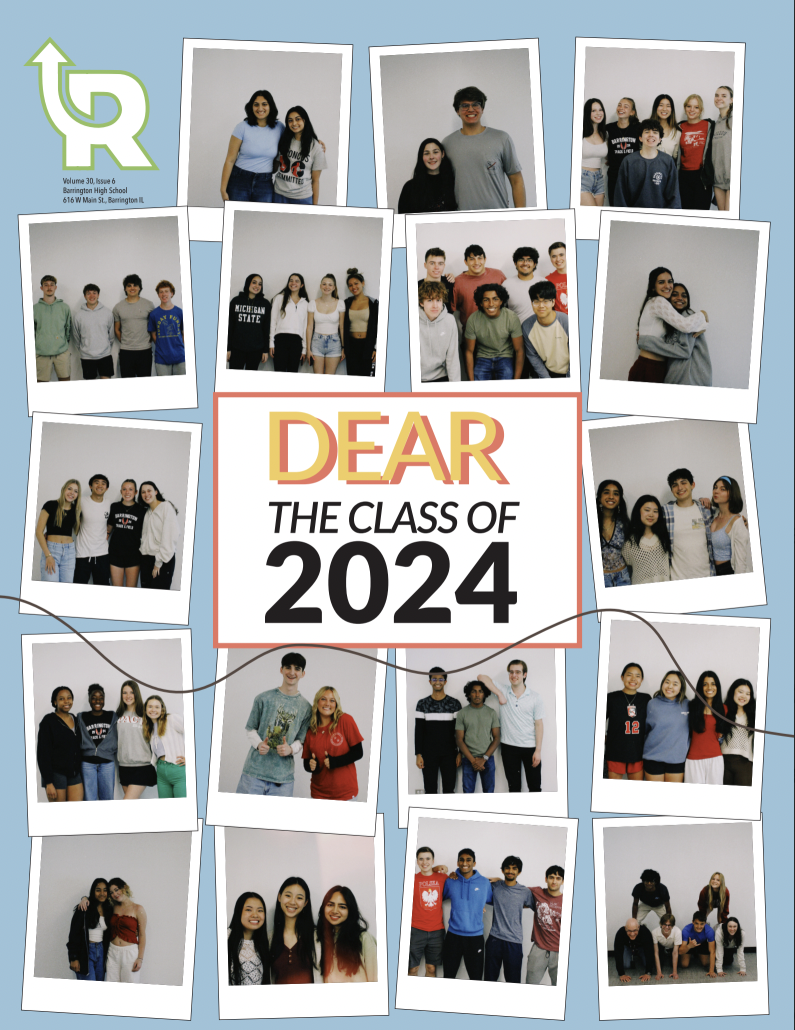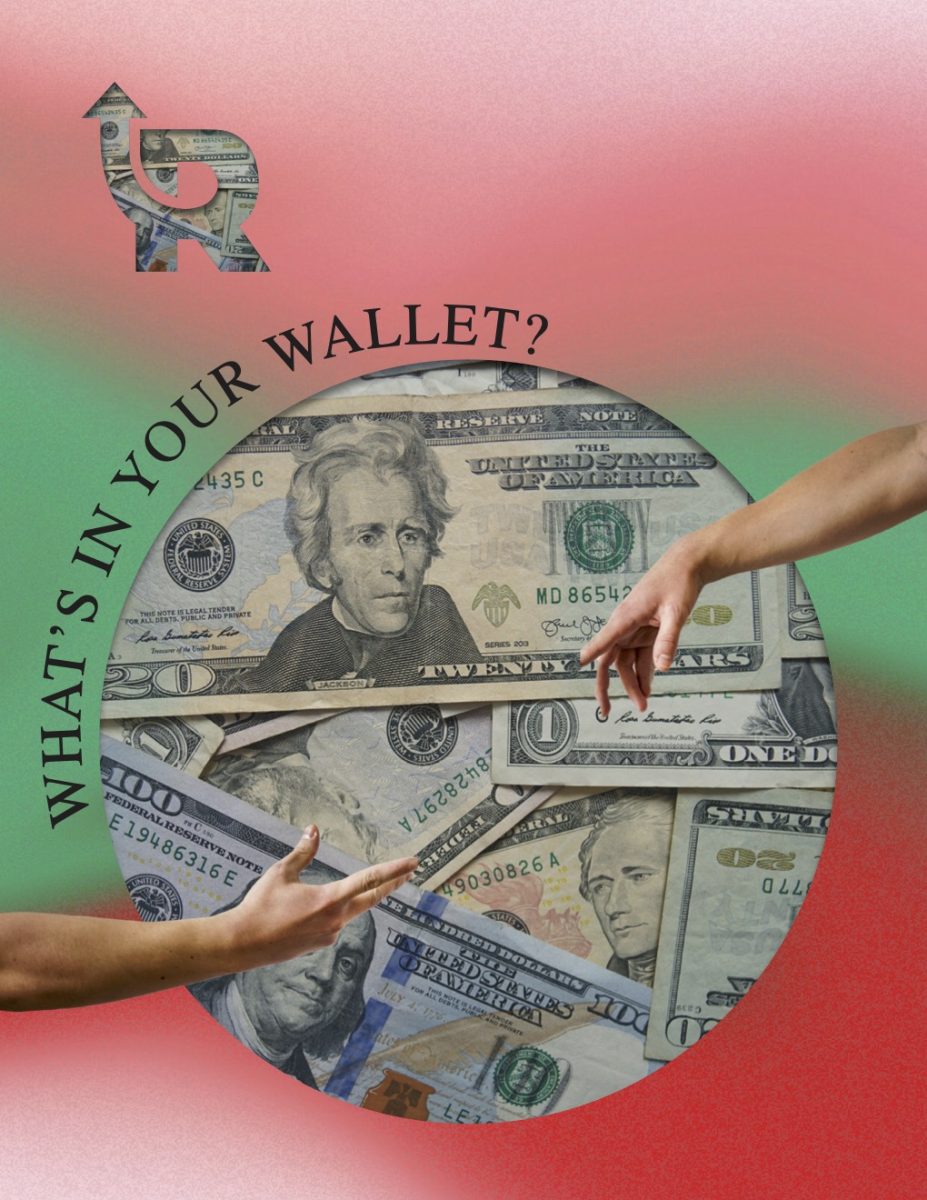Amazon, cake and how to avoid the fate of the Neanderthals
It’s holiday shopping time, and for better or worse you and Amazon are becoming besties. While the angst of finding Aunt Margo something other than your go-to-auntie-gift (“Oh…gloves?”) can be insurmountable, know this: it’s worth it. Giving, in all of its forms, is beneficial, and not just for the recipient (well, maybe not if it’s more gloves). Giving is good for your health and happiness, and it’s even good for the strength of the entire community. Who knew a pair of gloves had such power?
Giving is good for you: Contemporary social neuroscience research shows that the area of the brain responsible for our most advanced cognitive functions, is also involved in altruistic behavior. Giving stimulates your brain’s reward center. When we exhibit gift-giving behaviors, we secrete “feel good” chemicals in our brains, like serotonin (a mood-mediating chemical), dopamine (a feel-good chemical) and oxytocin (a compassion and bonding chemical). This cascade of goodness leads to a “helper’s high” that boosts self-esteem, elevates happiness and combats feelings of depression. It happens mostly in a region called the striatum, which is the same area that lights up when you eat cake, listen to music or engage in other satisfying activities. Simply put, giving gifts will make you feel good.
You know how it’s even better when you get to watch the person open the gift you picked out for them? There’s a reason for this. People experience an even stronger helper’s high, or surge in their reward centers, when they witness the positive impact of their gift.
And giving isn’t just the immediate surge in feel-good chemicals in your brain. Giving has long-term benefits for the giver as well. In their book Why Good Things Happen to Good People: How to Live a Longer, Healthier, Happier Life by the Simple Act of Giving, Dr. Stephen Post and Jill Neimark present data from a fifty-year study. It shows that people who are “giving” during their high school years have better physical and mental health throughout their lives.
It’s in your DNA: Recent research also offers convincing evidence that biologically, we are actually programmed to be altruistic. Evolutionary scientists attribute our altruism to the fact that humans are a social species that must rely on one another for survival. The act of giving is how we connect to one another and ensure the survival of the community. Researchers believe this is why Homosapiens survived, while Neanderthals became extinct. Homosapiens were the more social species, which increased our chances of finding food, withstanding attacks, and raising children.
I just ordered those gloves. This year I’m going over the top and buying fuschia. Aunt Margo, my future and the stability of all Homosapiens everywhere will prosper. And somehow I feel like I just ate a big piece of chocolate cake.
Your donation will support the student journalists at Barrington High School! Your contribution will allow us to produce our publication and cover our annual website hosting costs.

